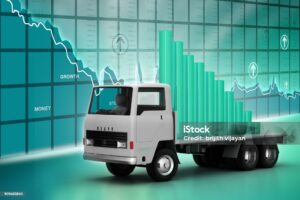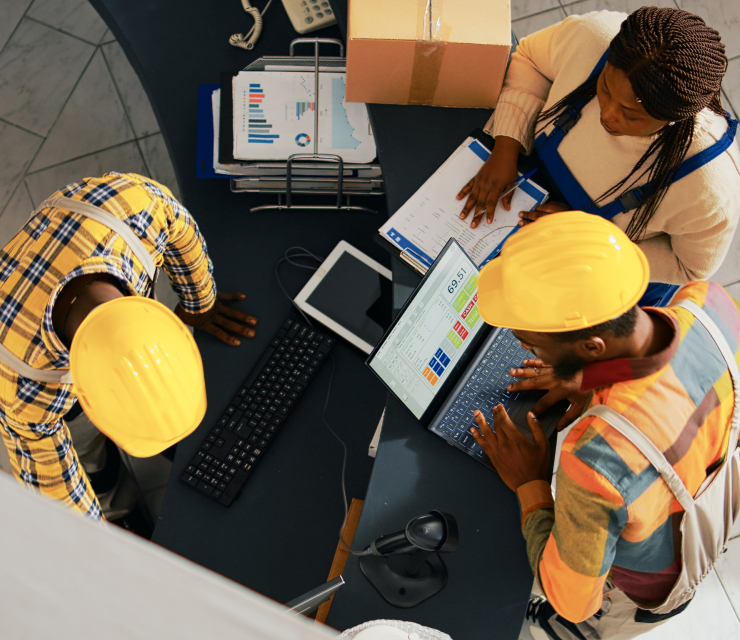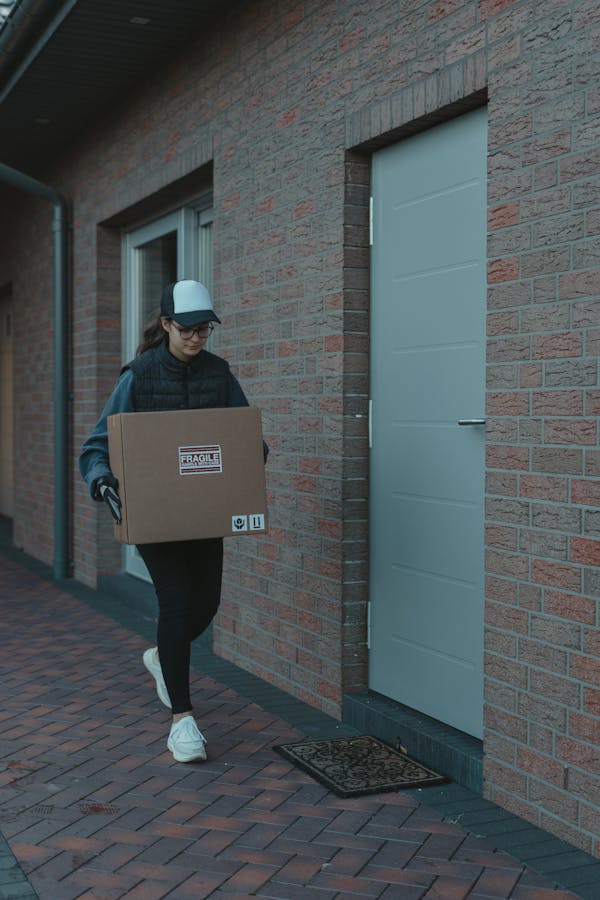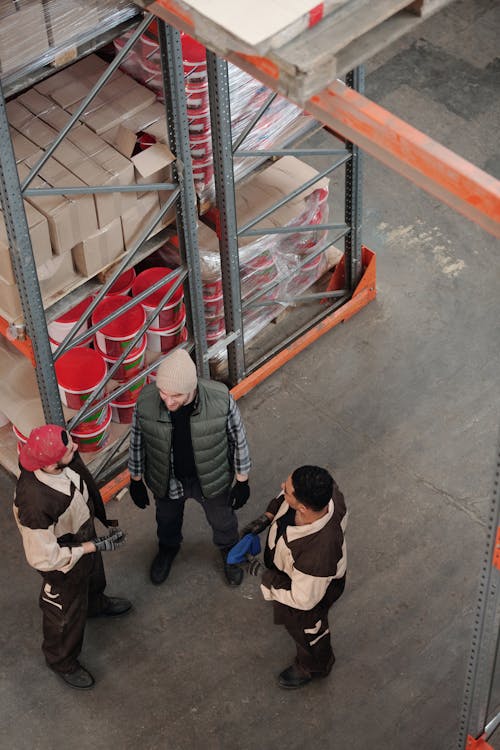Trucking Automation and Urban Planning’s Impact on Investment
Optimizing Urban Planning for the Advancement of Trucking Automation and Infrastructure Investment
Shaping Trucking Automation and Transportation Investment
According to the MC Logistics team of experienced logistics and trucking investment professionals, Administrative procedures with urban planning and zoning regulation are important in determining investments decisions and developments regarding transport structures in emerging metropolitan cities. With urbanization and constantly increasing population the role of transport systems is becoming vital. This paper aims to review the impact of urban planning and zoning laws on the development of transportation structures with special attention to the effects in the trucking automation business and possibilities for receiving passive revenue and investment.

Urban Expansion and Infrastructure Demand:
As more people continue to move to the metropolitan areas because of rural-urban drift, development and expansion of business and industrial sectors, and residential expansion, the needs for more improved transport systems are increasing. Urban planning policies set direction on the use of land, intensity of development, and the stipulations on the use of land that affect transport requirements and investment attraction. Strategic planning of the cities can enhance the generation of integrated structures that consist of mixed uses, designs of transit-oriented transport systems to fight congestion and enhance growth of regional economies.
Impact on Transportation Modes:
Transportation policies that exist within urban planning affect preferences and priorities of the transportation means such as roads, public transport, cycling, and walking options. The regulations about the location of the dwellings; the commercial and industrial areas influence the movement of people/commuters and traffic. These policies need to be supported by investments in transportation infrastructures to increase the mobility within metropolitan regions.
Trucking and Automation and Future Trends:
Trucking automation technologies identified as a technological trend in the transportation of goods shows ways of improving efficiency. self-driving trucking companies are expected as artificial intelligence (AI), robotics, and standard automations change the distribution of freights. This means that the course and process of planning relevant to the sustainable cities must incorporate the ability to support and accommodate innovations such as availability of lanes for automated trucks as well as smart logistics centers.
Passive Income Opportunities in Trucking Automation:
Speculators are now focusing on the prospects for the generation of rental income in the field of trucking automation. Autonomous trucks or any company related to the solutions for autonomous trucks can also add long-term value as this technology is gradually changing the market. The government’s comprehensive policies having positive regulation impacts and infrastructures to support the investment in the development of trucks automation will help to attract capital for economic growth.
Strategic Investment Considerations:
Those who would invest in the transportation infrastructures must take into account the regulation that stems from the urban planning and zoning laws governing metropolitan areas. Local zoning laws, mechanisms of land utilization and matters relating to environmental impact of projects are thus critical when it comes to approval processes of projects and compliance with the law.
Conclusion:
Hence, it can be stated that urban planning and zoning policies have a considerable impact on the investment decisions referring to transportation infrastructure in still-developing metropolitan regions. These policies not only determine the use and development of our soils but also affect the viability of such enhancements as the automation of the transportation of trucks. To sum up, it can be concluded that focusing on the transport infrastructure investments and coordination with urban planning objectives, as well as creating a favorable legal background, cities can improve mobility, balance environmental impacts, and open new economic potential in the context of the increasing role of transportation automation.
This means that diversified passive income and investment solutions are expected to chart a course with continued developments in the form of trucking automation in accordance to modern trends in urbanization and infrastructural progress. Smart growth, its adoption, and the ways that cities are built to anticipate future transportation systems all contribute toward making the cities of the future more connected and sustainable.





